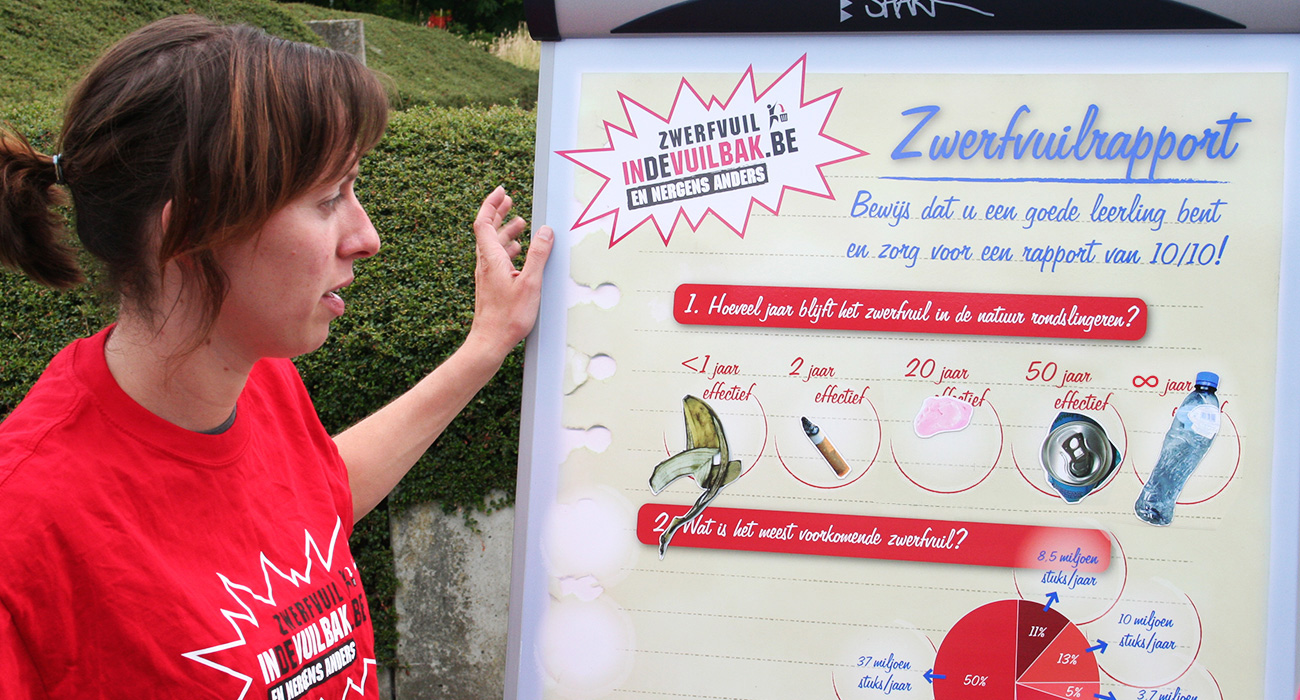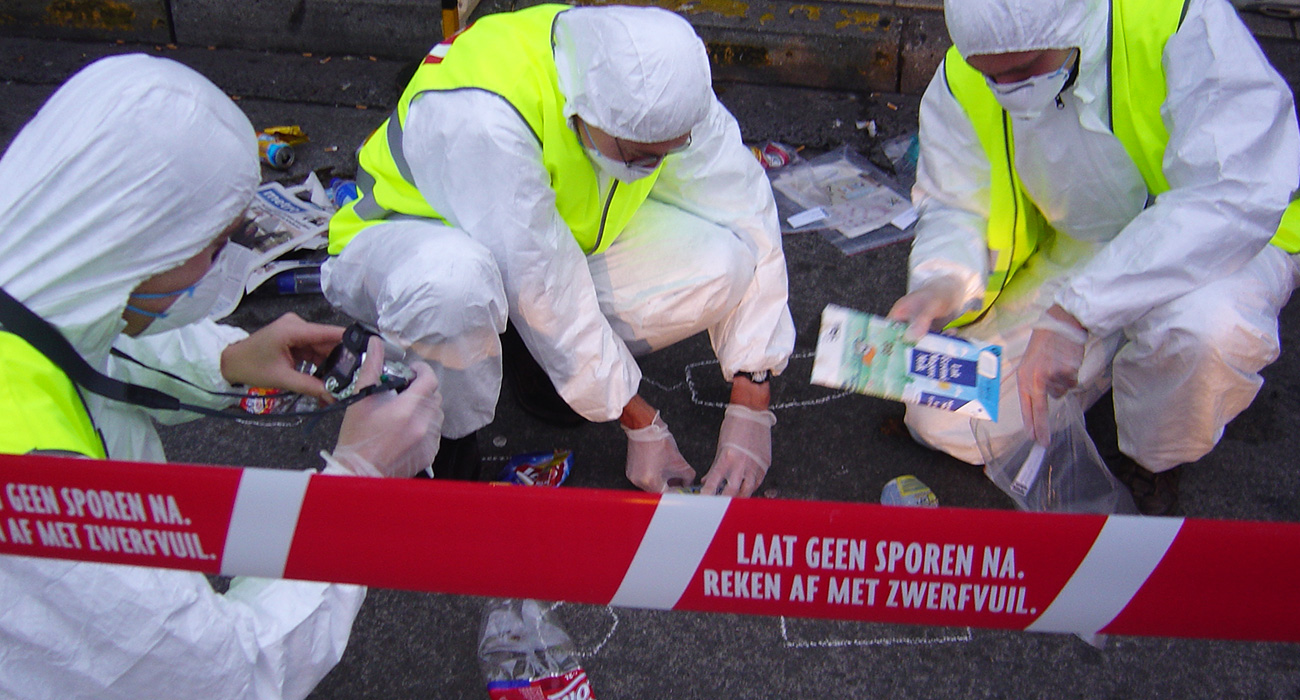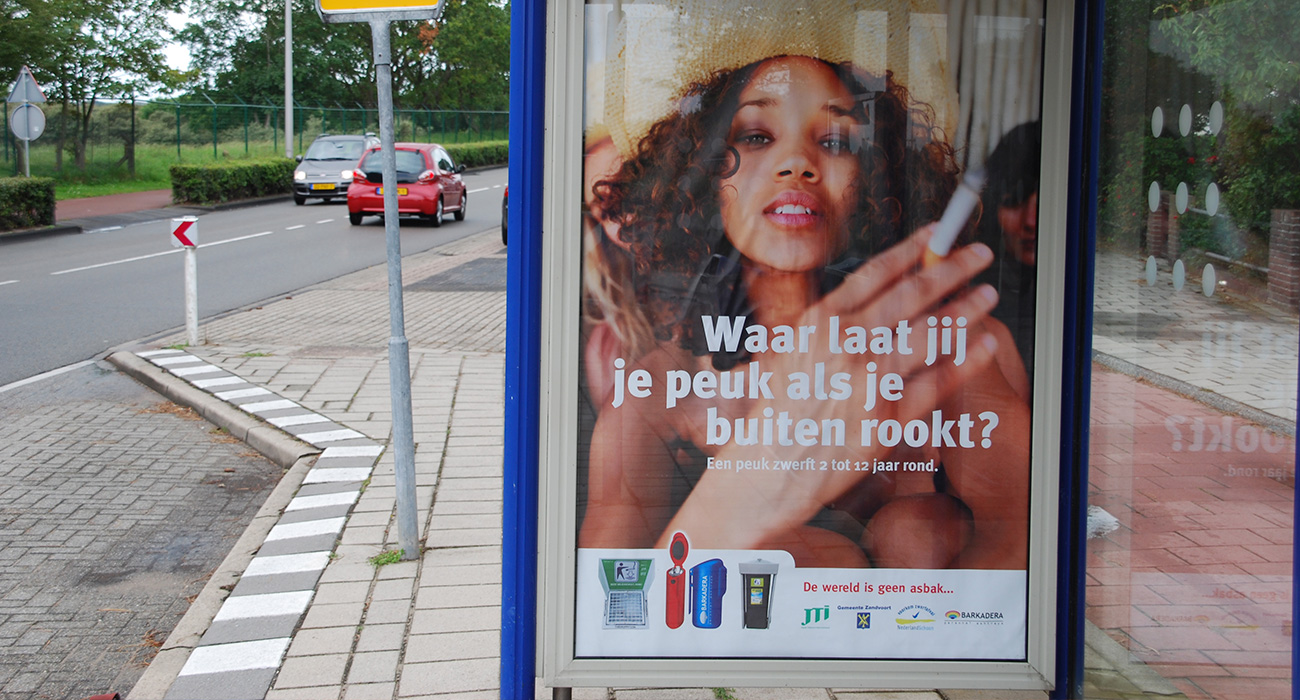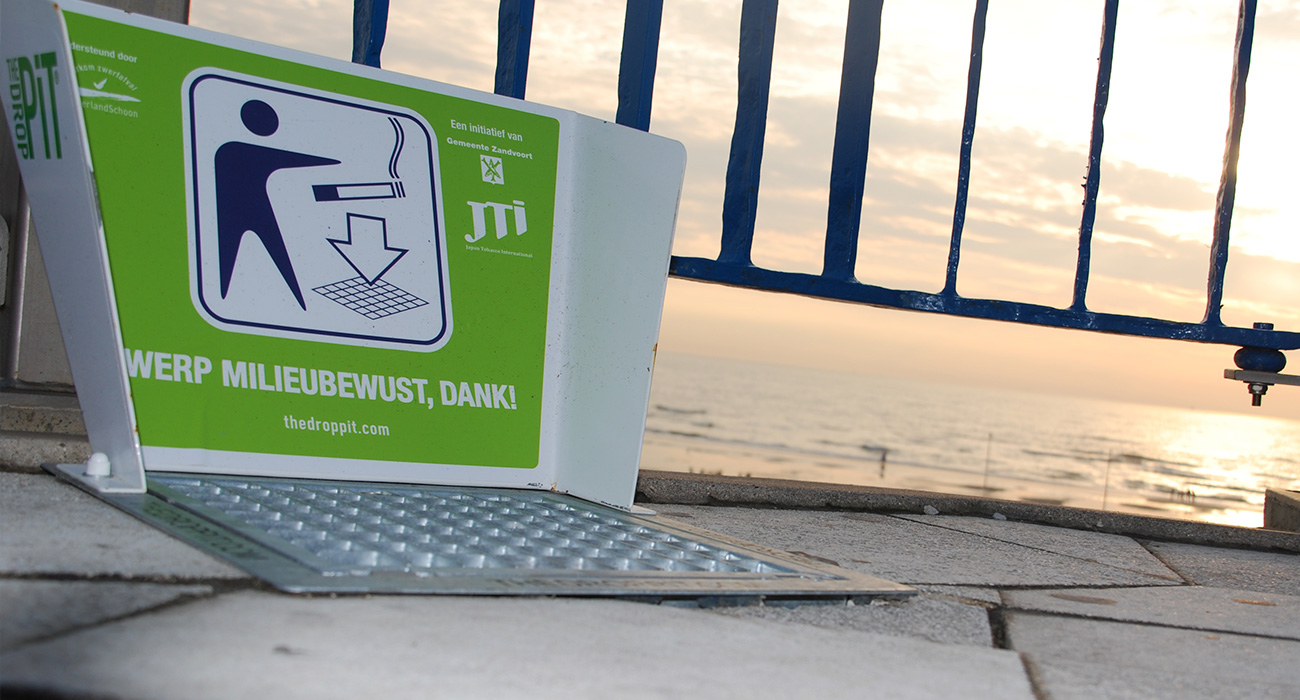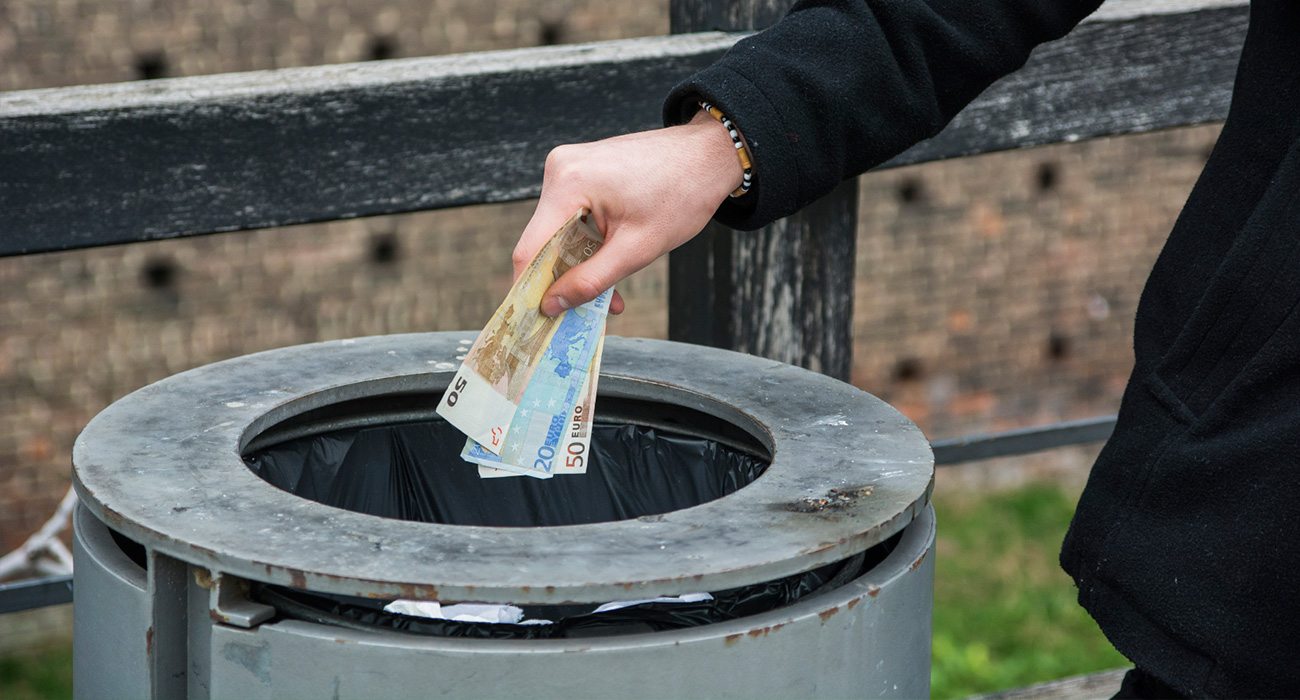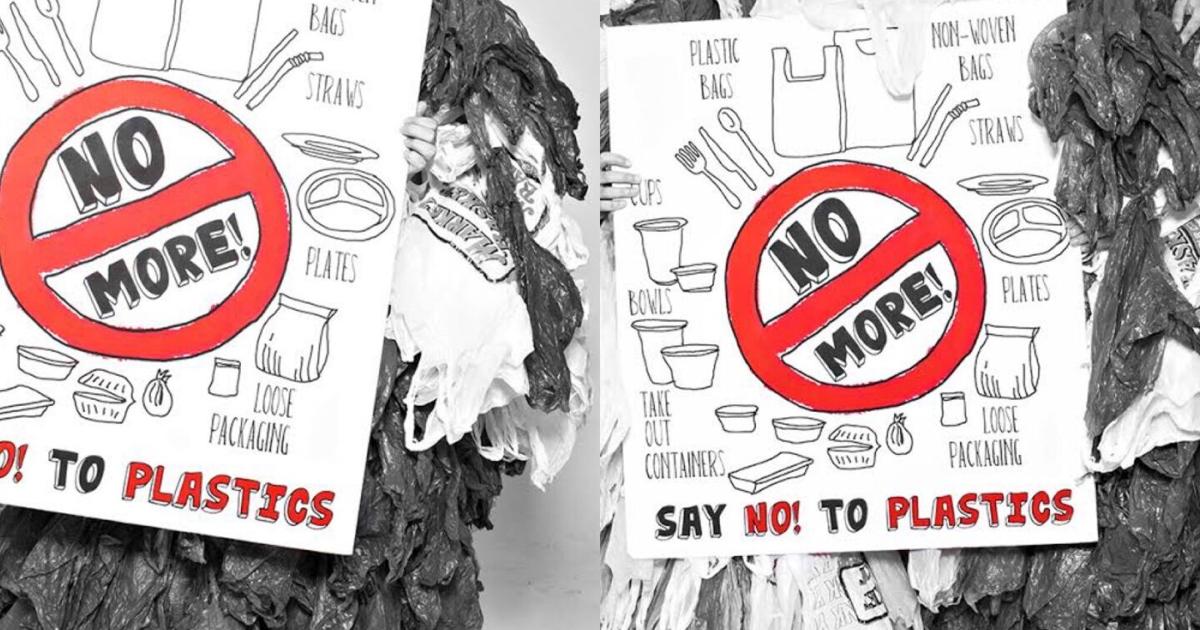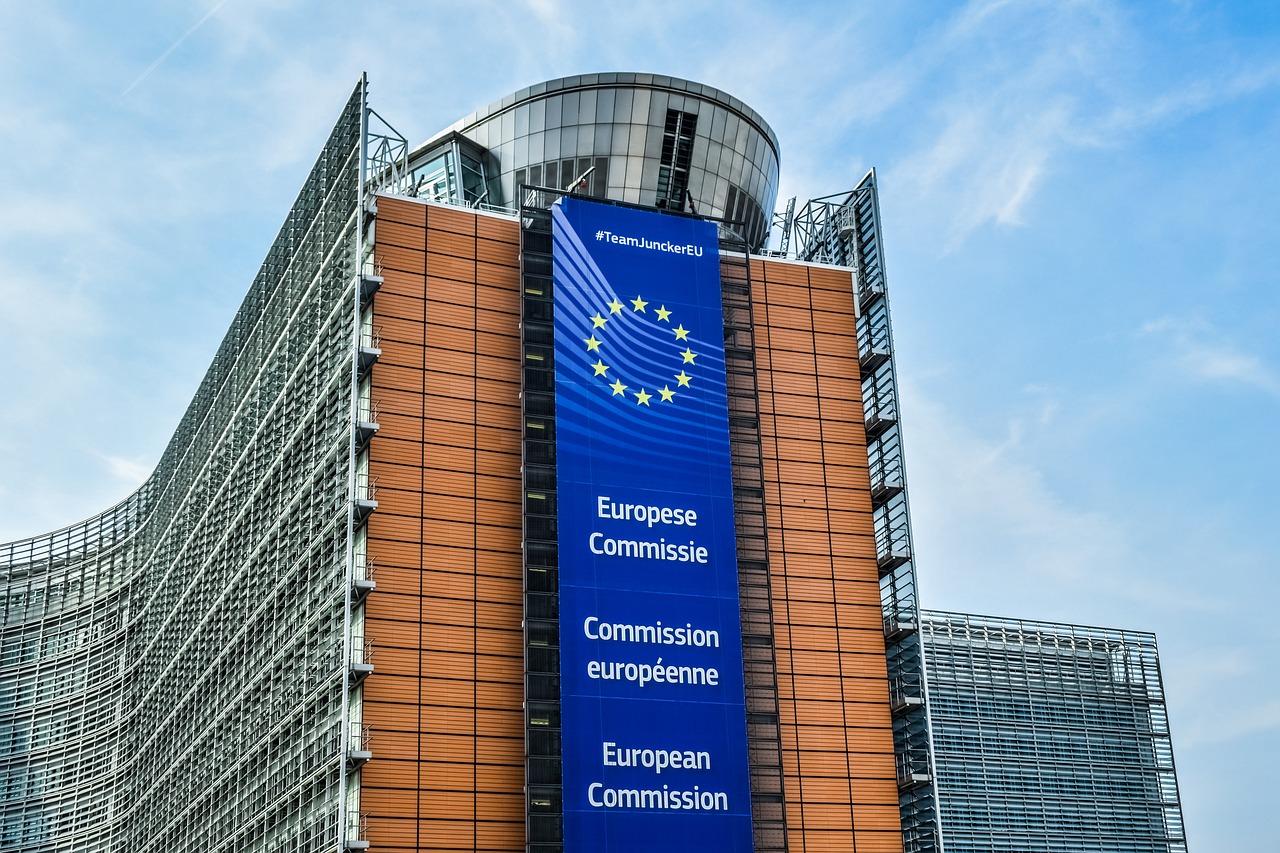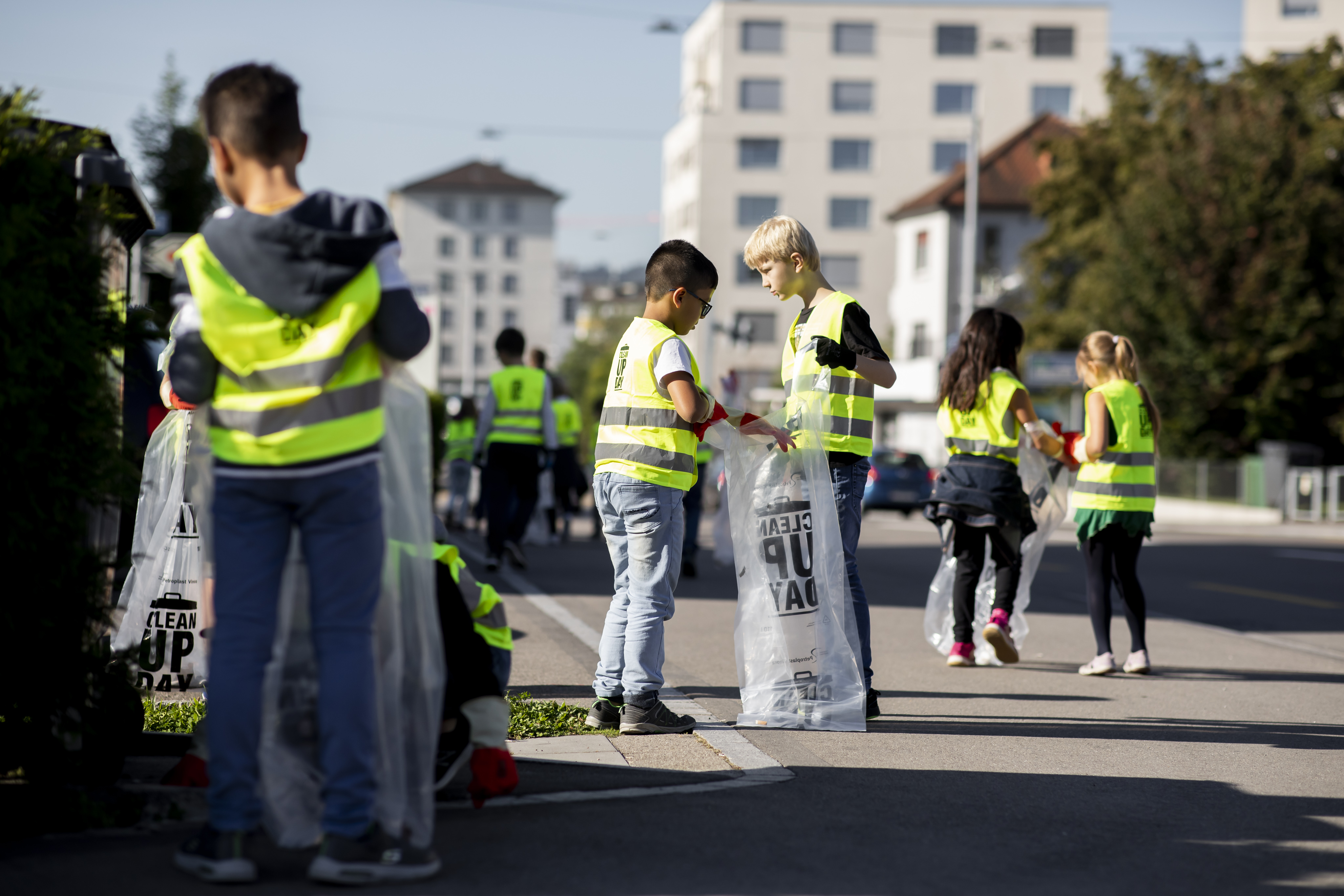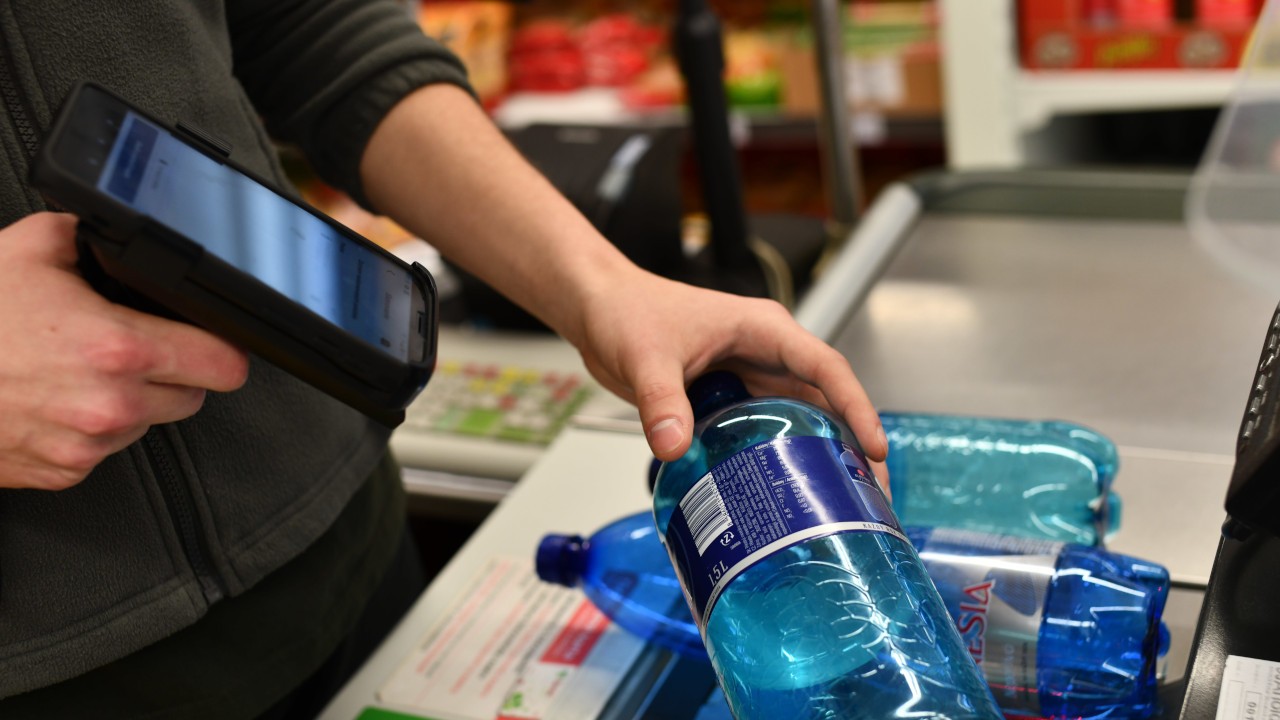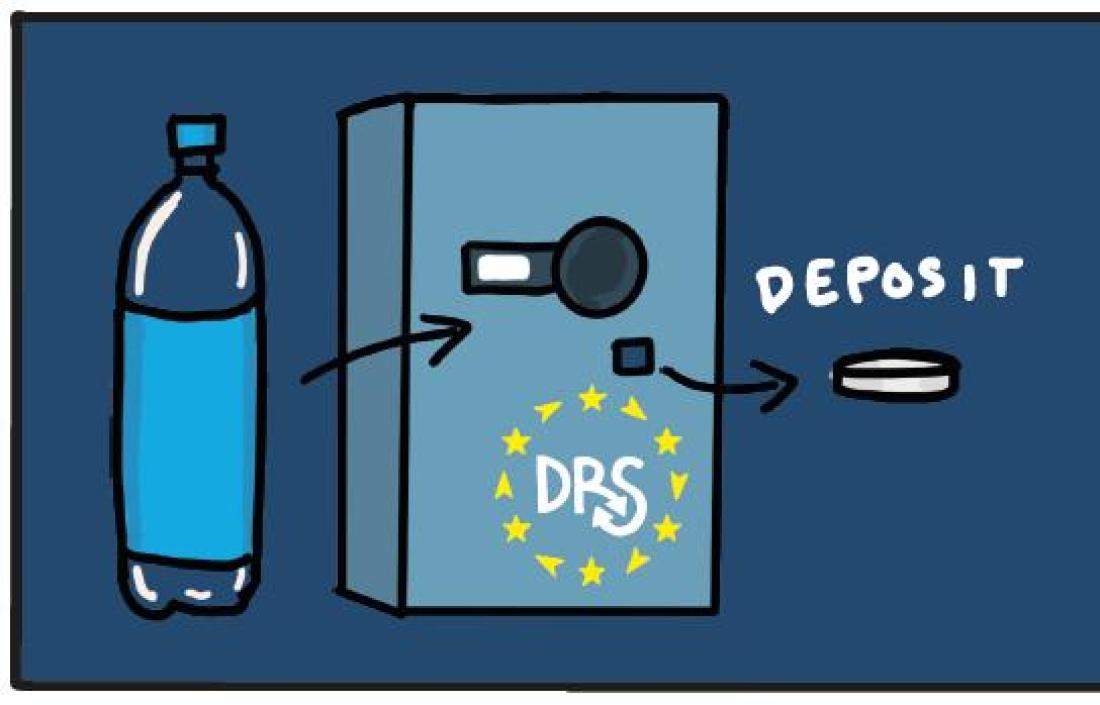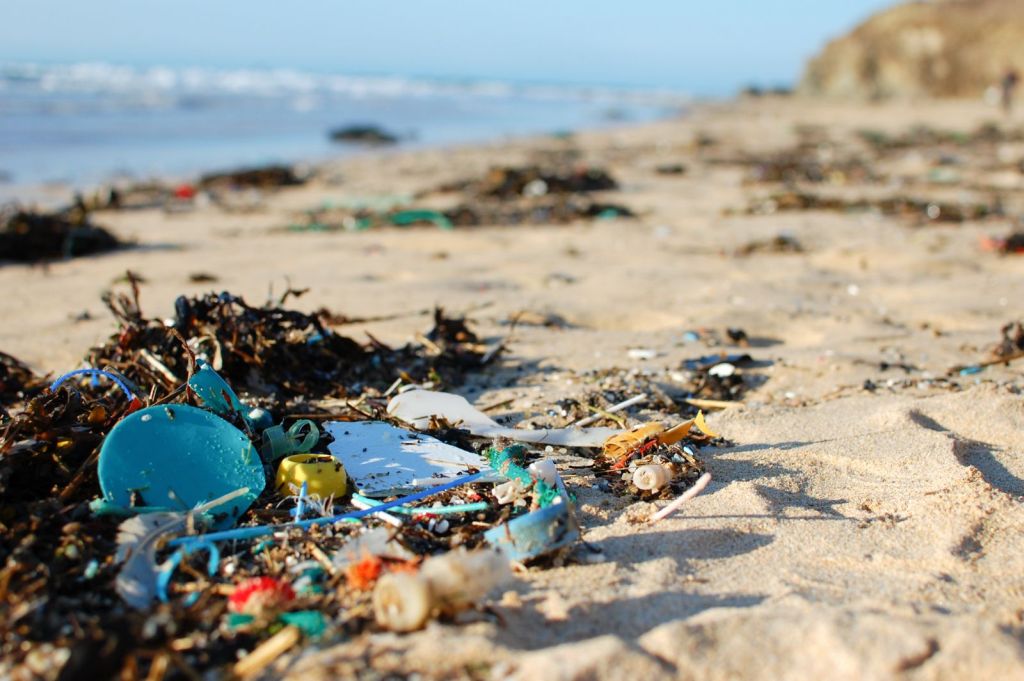
Annual litter survey in UK found 80% reduction in plastic bag litter in coasts since mandatory fee introduced
Background
From 2011 to 2015, all devolved UK governments (Wales, Northern Ireland, Scotland, and England) implemented laws requiring retailers to charge a fee for single-use plastic bags. In 2021, England and Scotland increased this fee from 5 to 10 pence, while Northern Ireland set the fee at 25 pence. Wales plans to ban single-use plastic bags altogether by 2026. An MCS spokesperson noted that while these results are promising, efforts to charge for, ban, or reduce more single-use items should be intensified. The spokesperson also advocated for introducing a Deposit & Return System (DRS) for plastic bottles, cans, and glass.Challenges
Despite the positive impact of the plastic bag fee, the MCS survey revealed growing concerns about other single-use items, such as bottles and cans. In 2023, volunteers reported a 14% increase in drinks-related litter in Scotland and a 7% increase in England compared to 2022. Overall, the survey recorded a 1.2% increase in plastic litter across the UK, with an average of 167 items per 100 meters of coastline. The five most common items found were packets (e.g., crisp and sandwich wrappers), caps and lids, plastic string and cord, and plastic bottles and containers.These findings echo one of the main positions of the Clean Europe Network which highlights that marine litter and litter on the coasts are just symptoms of the deeper issue that is land-based litter. Clean-up activities or even mandatory fees will not be enough to completely stop people from littering. The focus should be on how to change consumer’s behaviour so that even if they have single-use items, they will not think about littering but about properly disposing of their waste. While significant investments have been made in DRSs, fees, and clean-up activities, these efforts may not offer a sustainable solution. Instead, greater emphasis should be placed on prevention and behaviour change.



